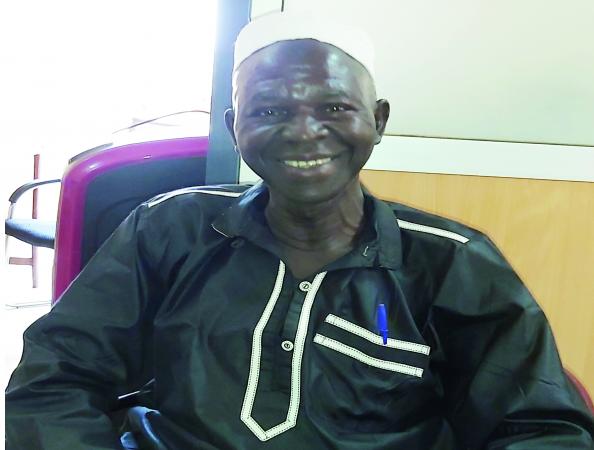I went through the draft constitution. Serious groundwork has been done. The organs have been well described with their functioning.
My first point concerns the two-chamber parliament.
Admittedly, jurists have fertile imaginations. But it remains to be seen whether the theory set out on the functioning of the two chambers of parliament will have all its simplicity and rigor in practice.
Even in advanced democracies like that of the United States of America, the stories of chambers frequently cause blockages for the taking of certain useful and necessary decisions for the country.
In Mali here, we are used to seeing budget-consuming institutions for nothing. I think that in the light of the refoundation, the National Assembly (emanation of the people) well elected with honest and competent deputies, representative of their constituencies, Can do the job.
We are talking about the traditional legitimacy for the election of the members of the High Council of the Nation. But these traditional legitimacies can use their influence to ensure that honest and competent deputies are elected in their constituencies, fully representative of their constituents. If the National Assembly is made up like that, of well-elected deputies, what need will there be for a high council of the nation to guarantee the people?
My second remark concerns languages, I think that the commission lacked the courage to say that Bambara is the official language of Mali and French its working language.
This does not mean that the Bambara ethnic group is superior to the others. No thoughtful Malian will have that kind of idea. The observation that the Bambara language is the most spoken in Mali and even in our sub-region, is real and indisputable.
Very many moreover are the nationals of other ethnic groups of Mali who master the Bambara as much as the Bambaras.
Saying that Bambara is the official language (already in fact) does not prevent the languages of other ethnic groups from being taken into account.
The abrupt and brutal abandonment of French ardently proclaimed by some is not realistic. For a long time to come, we will still need French as a language of work and international communication.
The refoundation has the duty to recognize that Bambara is the official language of Mali, that French is its working language and that the languages of all the ethnic groups of Mali will be gradually enhanced.
My third remark concerns the ratification of international treaties and agreements. When I see all the propaganda orchestrated around “gender”, “women’s and children’s rights”, by countries that have finished destroying the balance of their societies, I worry.
We know that this propaganda is compiled in the conventions imposed on us by putting money first. If it happens that a generation of Malians brought up and trained in ignorance of our cultural and societal values is in charge, we will be inexorably carried away by these conventions. A law will force us one day to applaud women boxers and all the others, to see in spite of ourselves, with a good eye, the trivialization of the woman’s body, the exhibition of her nudity to all winds. As I said in a previous article, the woman as a laboratory of procreation has something sublime and sacred about it. She deserves respect. I would like all those who will be in charge of signing the conventions that bind our country to take this reservation into account “provided that they comply with our cultural and societal values”.
My fourth remark focuses on secularism. I am not against secularism, but I would like it to be relaxed and adapted to the realities of our country. The example that I am going to give here, the facts happened during the constitutional revision of 1992. At the time of an hour of Muslim prayer, it was asked to suspend the session, the time of the prayer. The response of President ATT (peace be upon him) was essentially the following: “those who want to go and pray can do so, but the meeting continues anyway”. The fundamental question I am asking here is the following: should more than 95% of Malians be penalized in the name of secularism?
We must prevent the kind of turmoil caused by a draft family code, causing President ATT to back down. Yes for secularism as tolerance of the other, as acceptance of minorities. But no to secularism, which ignores the vast majority of Malians. I hope that many citizens will express themselves so that this draft constitution is as inclusive as possible. Alongside the text of the draft constitution, I make two small suggestions.
1°) In the refounded Mali, a magistrate must no longer enjoy the right to lock someone up for hours without having to render an account.
2°) For the happiness of the populations, it is necessary to put order in the private exercise of the specialized professions. I give here two examples among many others: the opening of a pharmacy must be strictly reserved for pharmacists and that of a school for teachers.
Malians must express all their concerns, so that after this refoundation of our country, everything points to renewal.
El hadj Drissa Doumbia
Writer residing in Yirimadio Bamako
Comments via Facebook:
We want to say thanks to the author of this write-up for this incredible material
maliweb.net – Draft Constitution of Mali: The remarks of the writer Drissa Doumbia
Discover our social media profiles as well as other pages that are related to them.https://nimblespirit.com/related-pages/

